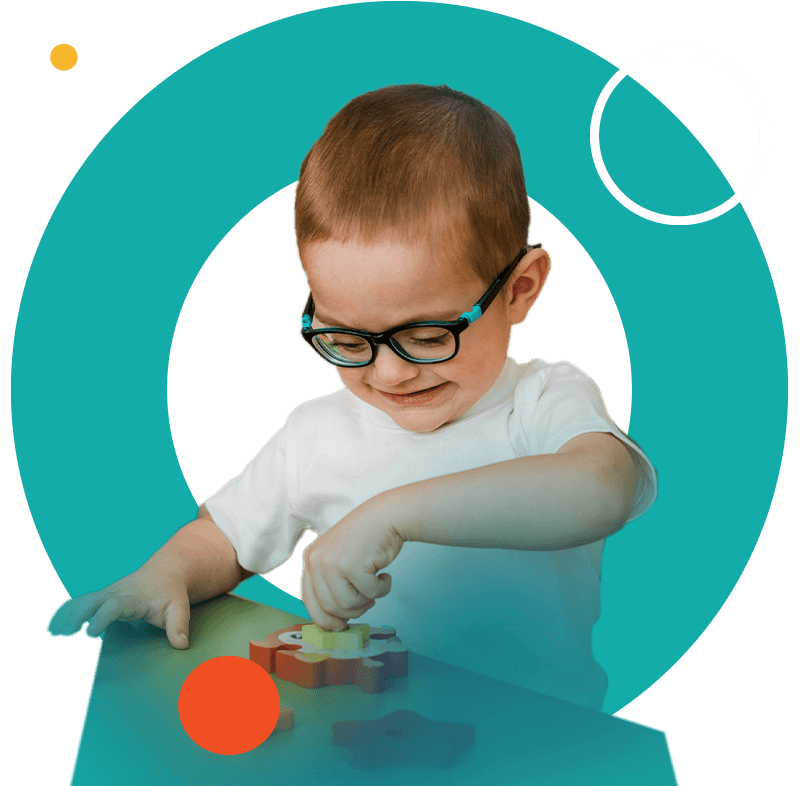

Special needs children, particularly those with conditions like down's syndrome, cerebral palsy, or those on the autism spectrum, have unique visual needs. Often, their ocular health and vision issues may go unnoticed due to communication barriers or other concurrent health concerns. Furthermore they are far more likely to have underlying developmental vision delays that may go unnoticed at a typical eye exam. Lastly, they can be overwhelmed by the experience of visiting a busy eye doctor's office, which is why it is valuable to visit an office that has experience working with the neuro-divergent population. This makes choosing the right eye doctor especially crucial.

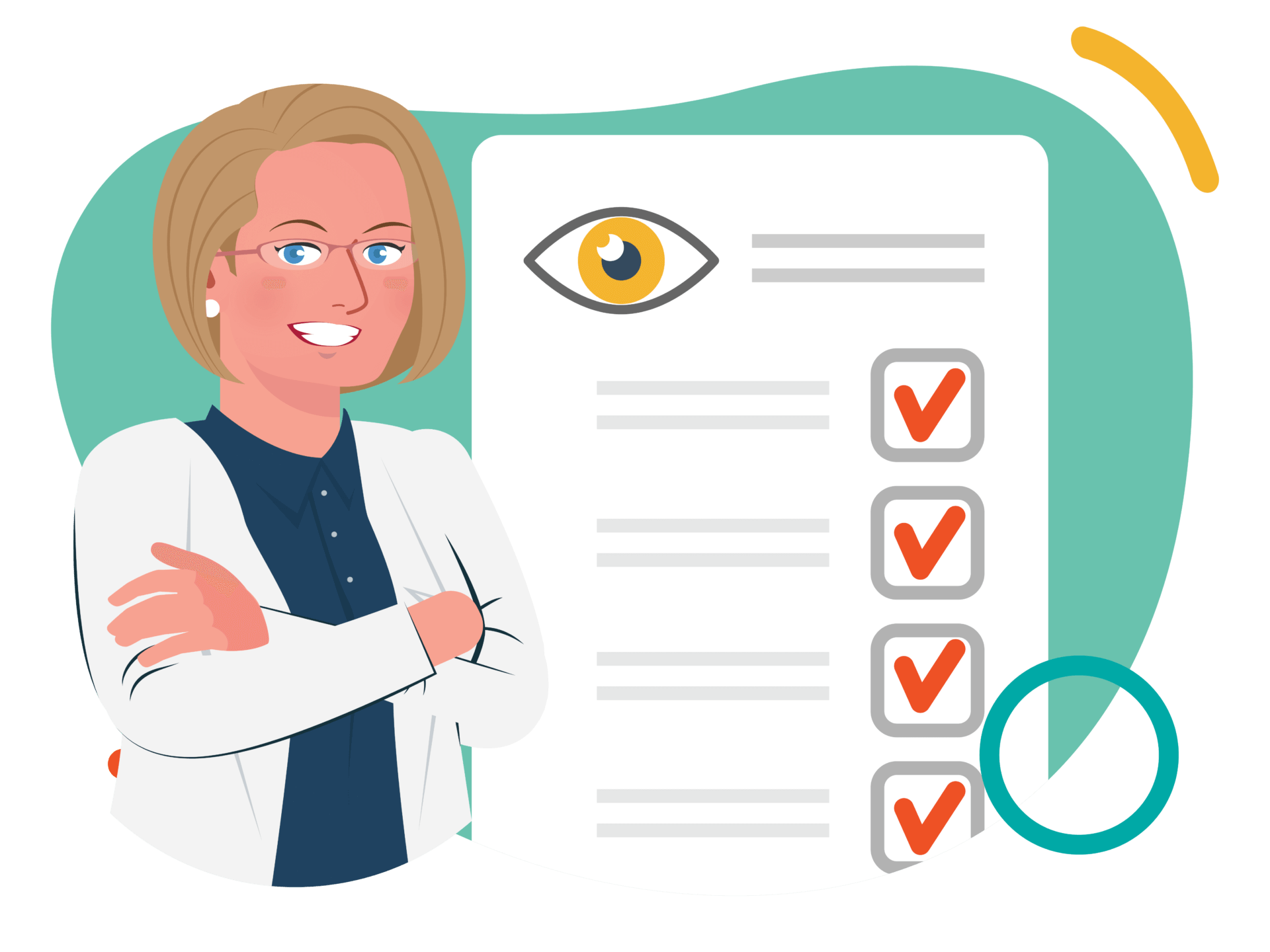
As eye care professionals, it's our duty to ensure that every child, regardless of their abilities or disabilities, has access to top-tier vision care.
This involves:
According to the National Down Syndrome Society, down syndrome can influence eye health and hinder the optimal development of vision. Between 60-80% of individuals with down syndrome experience vision issues, many of which may be missed in a regular eye exam.
Children with Down's Syndrome frequently encounter specific visual challenges. Conditions like refractive errors can make distant objects appear blurred, making it difficult for them to navigate safely and interact with their environment. Strabismus, or misaligned eyes, can alter depth perception, complicating tasks such as navigating stairs. Cataracts can further cloud their vision, impacting daily activities like recognizing faces. These challenges underscore the importance of specialized eye examinations, often referred to as developmental eye exams or functional eye exams, by an optometrist that specializes in developmental vision, to detect and address these issues promptly.
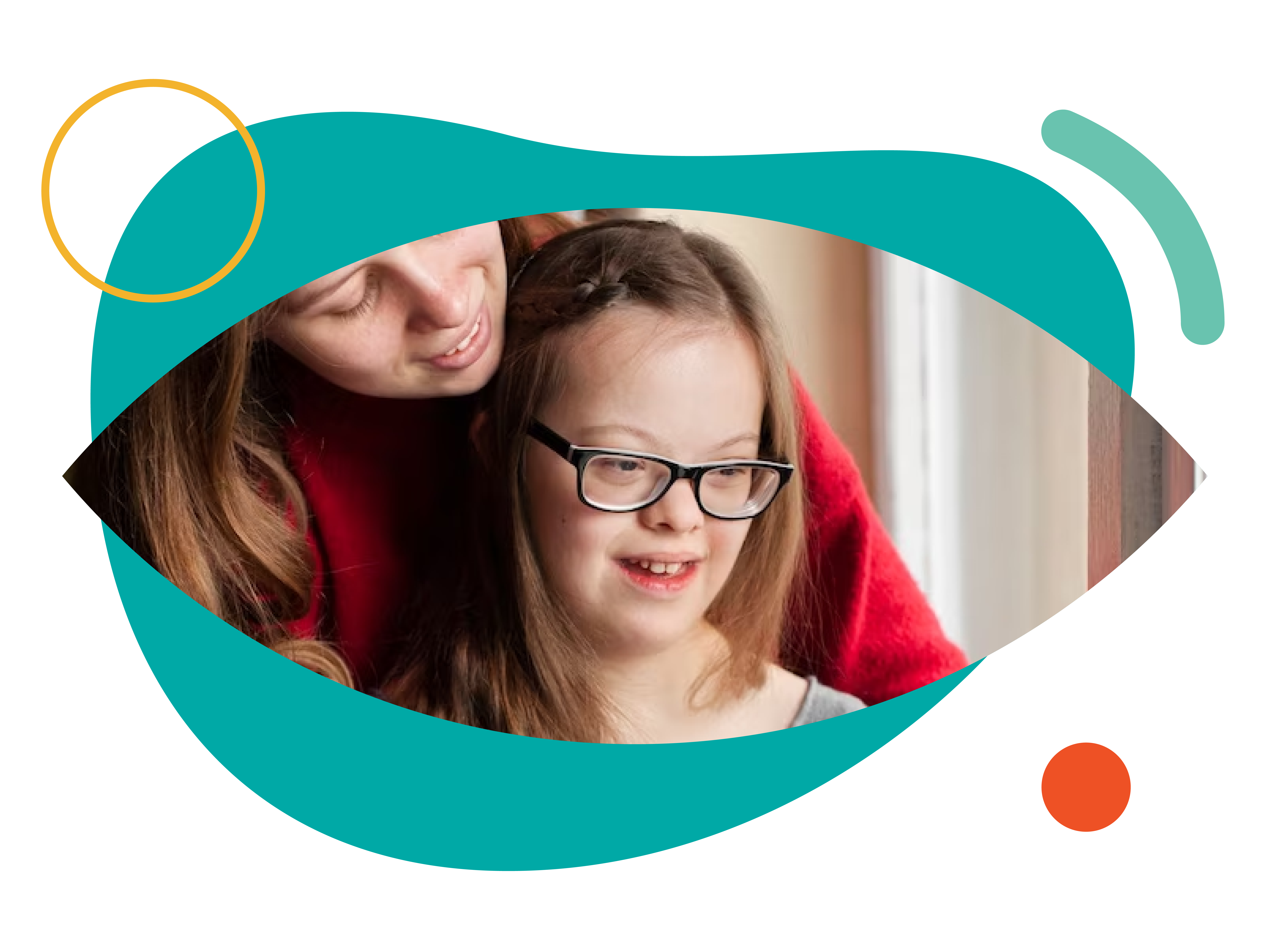
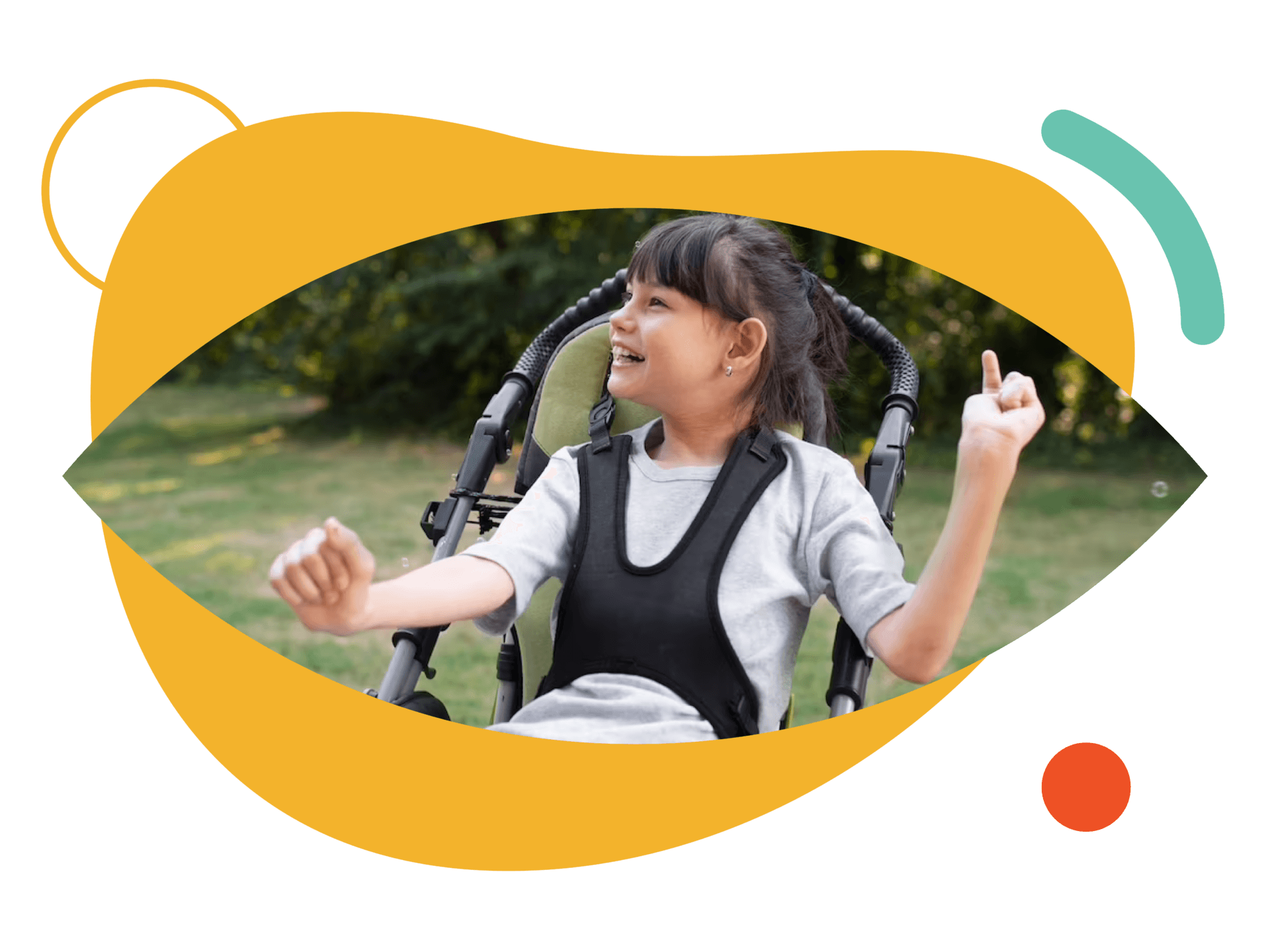
Vision issues are present in 75-90% of children with cerebral palsy. Reduced visual acuity might blur their world, making even simple tasks like identifying colors or shapes a challenge. Visual field defects could limit their peripheral vision, making them more prone to accidents, such as bumping into obstacles. Difficulties with eye movement control can hamper their ability to track moving objects, such as a passing car or a thrown toy. It's crucial for an eye doctor to be well-versed in these challenges to offer effective and comprehensive eye care.
Research indicates that the incidence of Amblyopia and Convergence insufficiency is close to 50% within the ASD population. While refractive errors such as nearsightedness, farsightedness and astigmatism were significantly higher than the rest of the population.
While children on the autism spectrum might not always show overt symptoms of visual problems, their experiences can be profoundly affected. Light sensitivity could mean a bright classroom or a sunny day outdoors becomes overwhelming, potentially leading to distress or avoidance behaviors. Difficulty focusing might result in challenges in school, as they may struggle to concentrate on a book or a teacher's face. Problems with visual information processing could affect their ability to interpret facial expressions, complicating social interactions. Learn more about eye care for children with autism
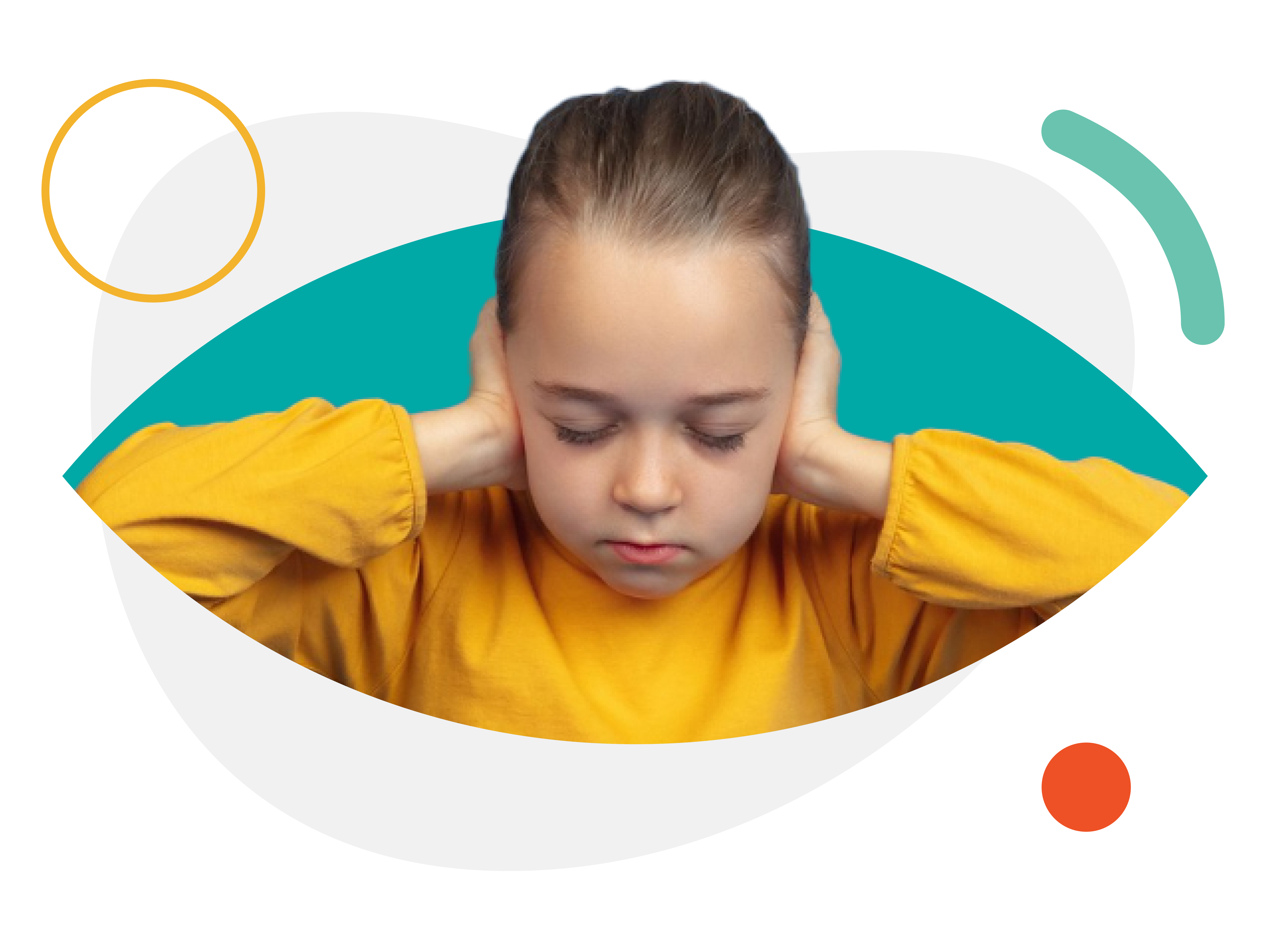
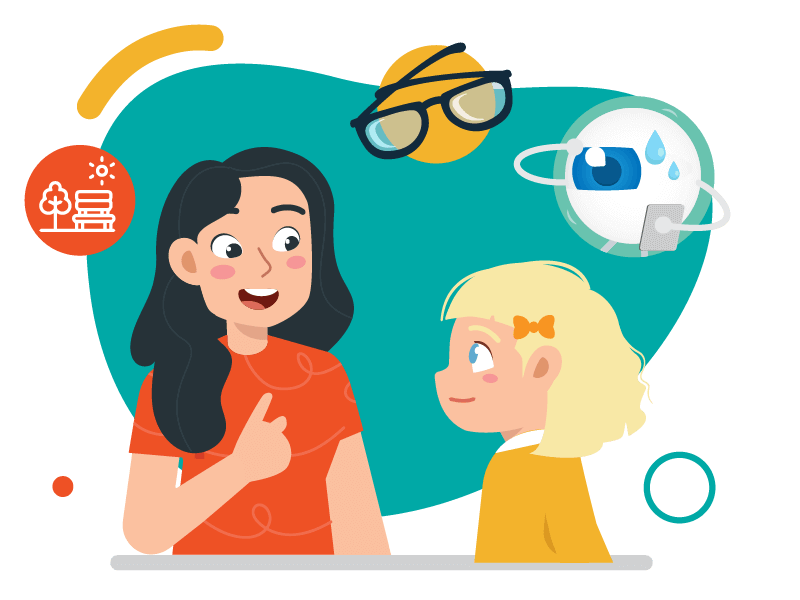
One of the most challenging, yet crucial aspects of eye care for special needs children is conducting eye exams for nonverbal patients. These children might not be able to articulate their visual experiences, making traditional eye exam methods less effective.
But with patience, creativity, and adaptive techniques, developmental optometrists can glean valuable information about a nonverbal child's visual experience. This might involve using visual aids, interactive tools, or relying more heavily on observational techniques.
Children with special needs can be more susceptible to a range of visual disorders. While we have discussed some previously, it's important to recognize and understand a broader spectrum of these disorders.
Here's a more comprehensive list:
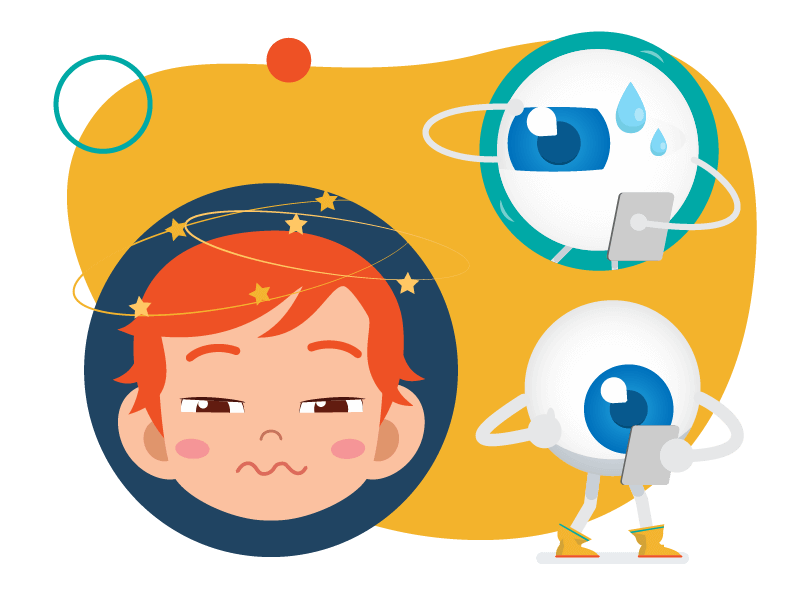
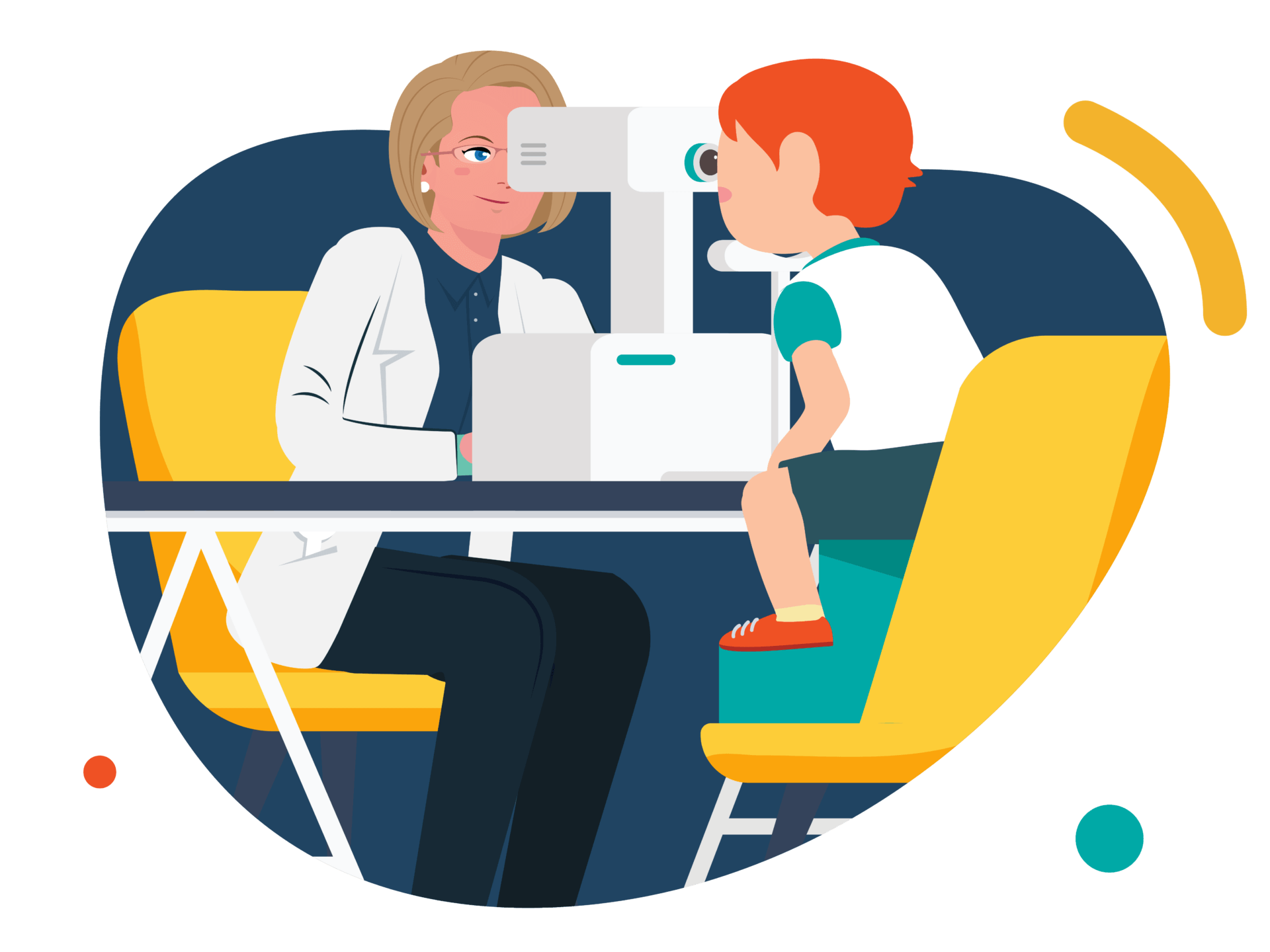
One of the most promising avenues of treatment for many visual disorders in special needs children is vision therapy. This therapeutic approach involves a series of tailored exercises that address visual system issues at their core.
For instance, for a child with convergence insufficiency, amblyopia, or strabismus , vision therapy is an extremely effective treatment that can greatly benefit them. These exercises can not only improve their vision, but also enhance the child's overall quality of development and quality of life.
At Amplify EyeCare, we've witnessed the transformative effects of vision therapy on children with special needs. It not only improves their vision but often contributes to better overall cognitive and motor skills.
Learn more about vision therapy for special needs.

